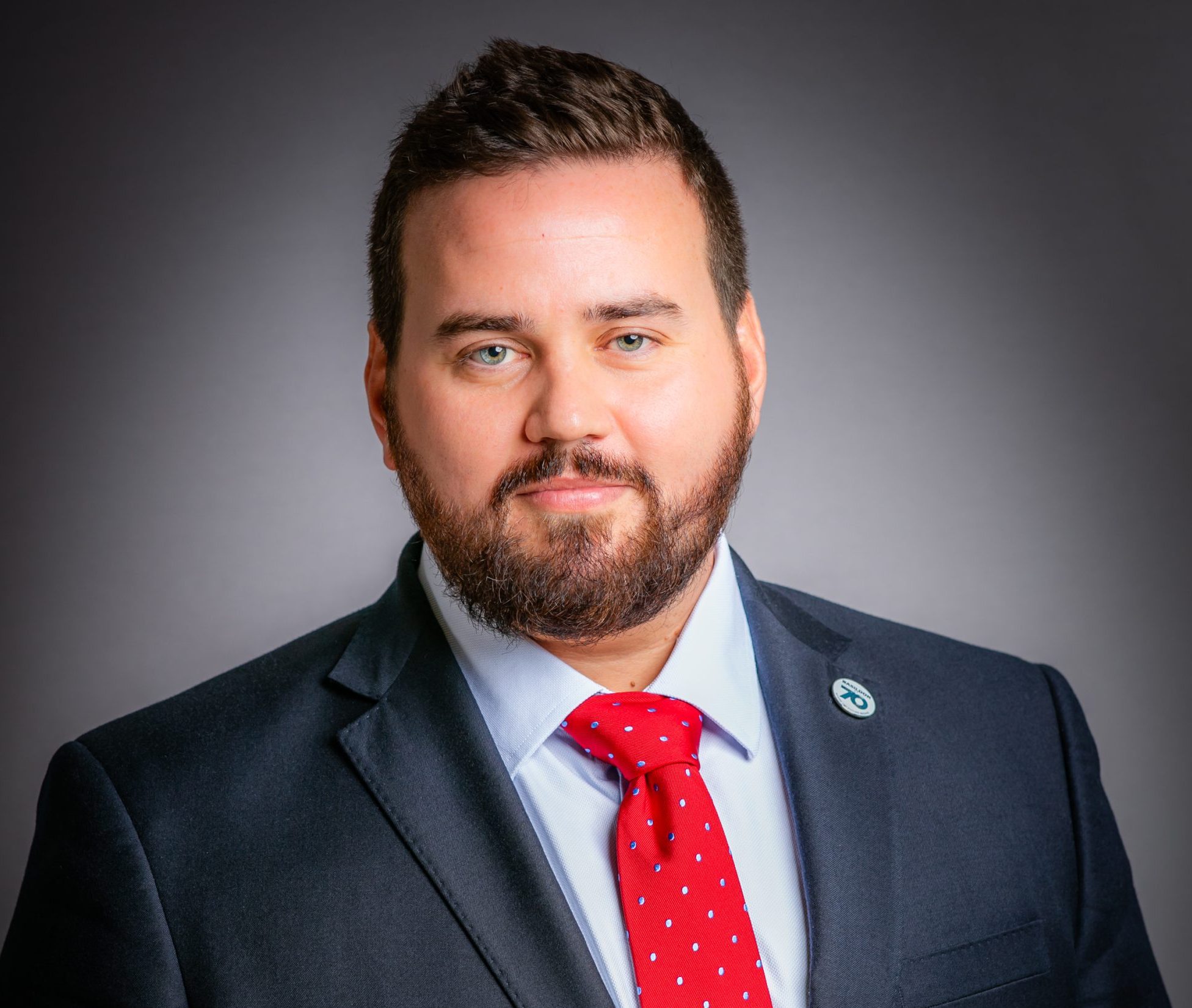John Copps, Mutual Ventures – The future of social care and cooperative principles
- September 2023
For the first time in recent history, local government in England will begin the new municipal year with more councils in no overall control than controlled by a political party or group. Being leader of one of these councils is a precarious position to be in. I know, I’ve been there. They’re not called hung for nothing. You can feel as though the noose is round your neck most of the time – one slip and your time is up. Leading the council in the community you live is, I believe, the best position in politics. To effect real change that positively impacts your family and friends is incredibly rewarding. But let’s be really honest, leading a council in no overall control isn’t easy. It’s hard. Very hard.

Managing Director
Beartas
Previously a Former Leader (Lab) of Basildon Borough Council
So, what did I learn from my time as leader of Basildon BC in no overall control? Here’s my top 10:
Communication is key – prepare to repeat yourself over and over again. You can’t rely on the discipline of the political party machine or a common language and shorthand that party members may share. Make yourself clear and continually check you have been understood by those in your administration.
Small ‘p’ politics matters – don’t leave people behind. It’s obvious, but still easy to forget sometimes: you may be leader, but your party is not in control. There’s no such thing as a backbencher in a hung council. Everyone has the power and they won’t be afraid to tell you they have it. Keep calm and go out of your way to ensure everyone in the administration feels included in developing the plan, constructing the vision and the narrative. Make sure they are on board and stay on board.
Be honest with people – don’t make promises you won’t be able to keep, just to get people’s support. The journey will be tough enough without a disgruntled councillor threatening to hold your budget hostage because six months ago you promised new playground equipment in their marginal seat and it’s now not included in the work plan. Just don’t do it.
Be humble – you are leader now because people outside your party have lent you their support. Listen to their ideas and concerns and understand their priorities. They’ve seen something in you from the meetings you’ve shared or the speeches you’ve made in the council chamber to think they could credibly entrust the leadership of the council to you. So keep doing the things you’ve done previously and don’t change because you’ve a new title.
Delivery is key – voters don’t care about back-office strategy, they want to see results. The initial perception will be no control equals chaos and no action. The public will think it and so will officers. Quick wins will change this perception and gain you credibility. Find those quick wins and hold people accountable for delivering them. Separate the municipal year into blocks: the first 100 days, the autumn, pre-budget and post-budget and be clear what will be achieved when and set the expectations. It will force the administration to understand there is a defined plan and process and that they need to be in this for the long haul to get their rewards.
Surround yourself with people you trust. Forget the colour of the rosette. Two of the people I was closest to on the council were Independents. I’d have put them in my cabinet anyway because they were diligent. Find their strengths and use them.
Leadership matters. Dialogue is good, inclusivity is good, but you have to lead and you have to make the decisions. Your administration partners won’t always agree with you, but people respect strength so at the right times, show it.
Listen – seek out and talk to other council leaders who may have shared experiences, keep your door open to external experts who can help and provide advice. I was grateful to the wise counsel from organisations like Local Government Information Unit and the Local Government Association and the wider local government ‘family’. You don’t always have to accept advice, but seek it, welcome it and consider it.
Advisers advise, politicians decide. Don’t let officers use the fragility of the political composition to try and manoeuvre you away from the tough issues. The council changed hands to NOC because local people were not happy with what went before and they want to see change. Don’t be afraid of it and bring your officers with you. I took on the first major regeneration of Basildon since 1947. It was tough but for two decades the council had simply managed the decline of the town. I wasn’t prepared to do that and we secured more private sector investment in two years than we had in 20 years. Political leaders understand something that senior officers don’t: risks are rewarded in politics. Take them.
Finally, be impatient – make every minute count. The council is in the balance, so is the chance of you leading your party into control in the future – and that chance may come sooner than you think. So, make your mark and make it quickly.
Enjoy the ride and if I can help, I’m only ever a tweet away.